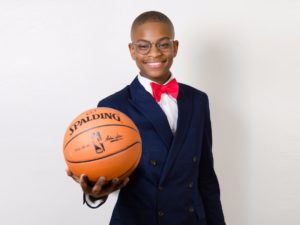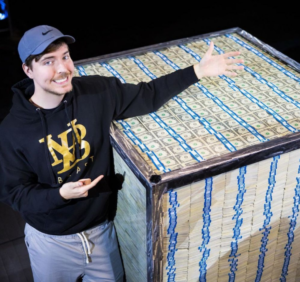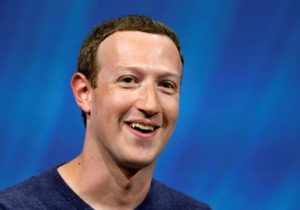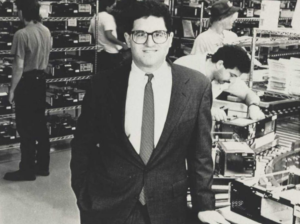 Moziah Bridges was only nine years old when he founded Mo’s Bows, a high-end bow tie business based in Memphis, Tennessee. Mo’s grandmother, a retired seamstress, taught him how to make bow ties when he was young, and Moziah soon developed a strong passion for fashion. Mo’s Bows creates quality handcrafted bow ties and the business has flourished since its founding in 2011. Moziah is currently 20 years old and serves as the company’s Chief Executive Officer.
Moziah Bridges was only nine years old when he founded Mo’s Bows, a high-end bow tie business based in Memphis, Tennessee. Mo’s grandmother, a retired seamstress, taught him how to make bow ties when he was young, and Moziah soon developed a strong passion for fashion. Mo’s Bows creates quality handcrafted bow ties and the business has flourished since its founding in 2011. Moziah is currently 20 years old and serves as the company’s Chief Executive Officer.
Originally, Mo sold his products on Etsy but, pivoting from his original model, soon opened his company with the help of his mom. To this day, all of Mo’s bow ties are handcrafted by him and his mom. After founding the company, the charismatic young Moziah began seeing massive growth and publicity. Mo appeared on numerous major networks, including The Today Show, Good Morning America, and the Disney Channel. Since its founding, Mo’s Bows has amassed over $700,000 in sales revenue and has an estimated net worth of $2 million.
In 2015, 11-year-old Mo and his mom appeared on Shark Tank for Mo to pitch his idea to the investors. This led to Shark Daymond John, an American investor and businessman, signing on to Mo’s business as Mo’s mentor. Additionally, Mo served as fashion correspondent for the 2015 NBA Draft and made custom neckties and bow ties for all NBA teams by 2017. Since 2012, Mo has used his income to help children in his hometown area attend summer camp. In 2019, Mo published a book for young entrepreneurs entitled Mo’s Bows: A Young Person’s Guide to Startup Success. In it, Mo talks about his journey as a young entrepreneur and how young entrepreneurs can succeed in their own businesses.
Moziah has honed his unique skills to create a brand with strong personality and distinctiveness. Mo’s story is a good example of ideation for young entrepreneurs. On Shark Tank, Mo gave this advice to other young entrepreneurs:
Figure out what you like doing and find out how you can make money doing it.
This is exactly what young Mo did. He took a skill he had and created a high-quality brand that has taken off. While not all young entrepreneurs may become as well-known as Mo, we can all be inspired by his persistence and innovation in a highly competitive market.




